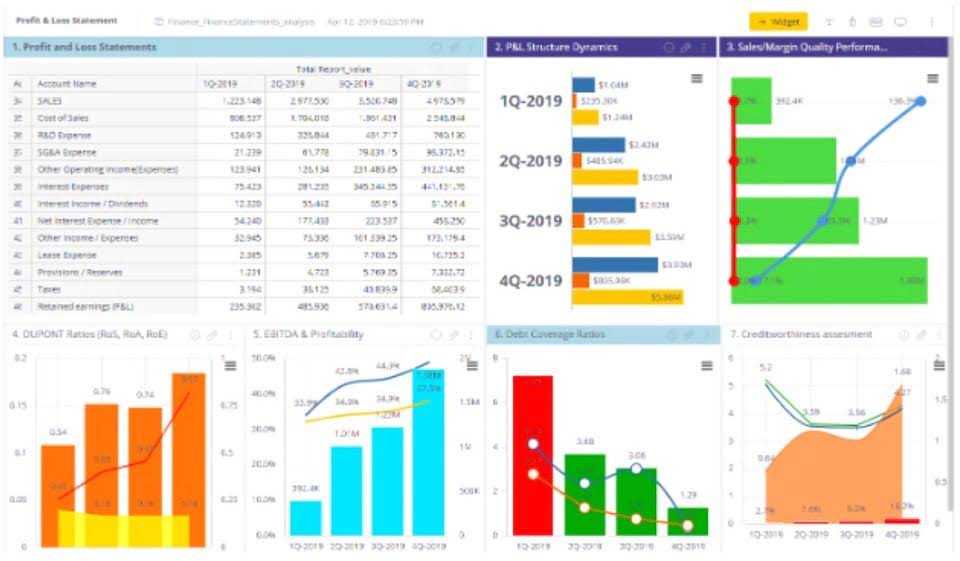
This should include what documentation to keep and how long to keep it, as well as where these documents will be stored and how they will later be disposed of. These are very important legal documents that you may need at some point. The Food Truck Accounting rules for how long you need to keep these records vary according to where your church is located.
Send joint statements
- That’s why most of them these days employ bookkeepers, who are there to keep tabs on the religious body’s financial incomings and outgoings.
- Once the budget is established, churches should track their expenses regularly to ensure they’re staying within their budget.
- Finally, churches should take advantage of software or online tools to help them manage their finances more efficiently.
- It’s also important to research different options and read reviews before making a decision.
- And don’t worry—if you loved your previous statement style, most default settings are the same, so you can continue communicating with your donors just the way you always have.
- Consider seeking recommendations from other churches or consulting with financial professionals who specialize in church accounting.
Keep all records that support income and deductions reported on your tax returns. The retention period for these records is as long as the statute of limitations runs. The statute of limitations ends when the church can no longer amend the return and the IRS can no longer assess additional tax. In general, this period runs for 3 years after the return is due or filed (whichever is later). Knowing how long to hold onto church financial records depends on the event or action that the record is documenting.
Record Keeping
- If you operate a small church with few incomings and outgoings, you may want to handle the bookkeeping yourself with a simple spreadsheet or physical ledger.
- At the end of each fiscal year, compile all necessary documents to prepare annual reports and facilitate tax filing.
- Leadership is the ability to influence others towards accomplishing a common goal.
- Get weekly updates on church tech, happenings at Tithe.ly, free resources for your church and more.
- Investing in the ongoing training and development of church leaders, staff members, and volunteers is crucial for the continuous improvement of church operations.
Common expense categories include salaries, utilities, maintenance, office supplies, outreach programs, and ministry-related expenses. By categorizing expenses, you can assess spending patterns and make informed decisions about budget allocation and cost-saving measures. Before we proceed, it is essential to familiarize ourselves with some key terms and concepts commonly used in church bookkeeping. Digital records are more secure and you accounting for churches can view them on different devices.

What Are The Benefits of Bookkeeping For Churches?
Accurate bookkeeping is not only important for businesses, but it is also vital for churches due to several reasons. Firstly, it promotes transparency and accountability, instilling trust among church members, donors, and the wider community. When church finances are managed with integrity and accuracy, it creates an environment of openness and honesty. Transparent financial practices enable church leadership to make informed decisions, allocate resources effectively, and plan for future initiatives. When choosing a software or online tool, churches should consider their specific needs and budget. It’s also important to research different options and read reviews before making a decision.

How Long Should We Keep Church Records?
You may have an area of your church where you keep these documents in labeled boxes. This can be very useful and has worked for most churches for many years. Discard records once you no longer need them to make room for new ones. Not only is this convenient for everyone, it also makes documentation simpler. How you choose to do this depends on the size of your church and your staff. Churches simply need to retain insurance policies for at least 10 years.

Starting Small: How to Run a Church When You Have a Tiny Congregation

If your staff tends to rely more on technology, and you would rather keep things digital, you may choose to routinely save an electronic backup of each of the above documents in PDF format. This article is the second in a series of articles in Church Treasurer contribution margin Alert! These statements typically include an income statement, balance sheet, and cash flow statement.
Understanding Records Management Отдел по менеджменту архивов и документов Нью-Йорк
- The Tithely Giving Dashboard is an all-in-one view of giving that can be tailored and adjusted by time frame.
- Churches are not legally required to follow GAAP, but many choose to do so as it promotes transparency and consistency in financial reporting.
- The receipts generated by the online giving feature of ChMeetings can be a good source to base your auditing.
- It’s important to keep up to date on this information so your church can thrive in the time and culture we are living in today.
- Digital records are more secure and you can view them on different devices.
Creating a budget is one of the first steps for churches when it comes to financial record-keeping. A budget helps churches plan for future expenses, allocate funds, and ensure that their finances are managed responsibly. To create a budget, churches should start by estimating their income and expenses for the upcoming year.
Leave a Reply